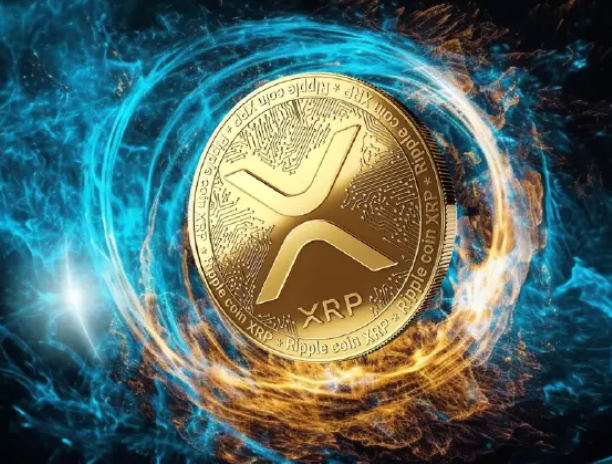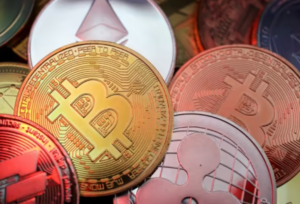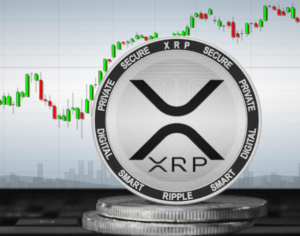#Ripple #SEC #Cryptocurrency #LegalBattle #SettlementSpeculation #FinancialRegulation #XRP #CryptoNews
The legal struggle between Ripple and the U.S. Securities and Exchange Commission (SEC) continues to evolve, marking a pivotal saga that captivates observers from the cryptocurrency sector and beyond. At its core, the dispute underscores the complex interplay between emerging financial technologies and established regulatory frameworks. The SEC’s recent action to contest Ripple’s motion to dismiss new expert materials shines a spotlight on the regulator’s meticulous scrutiny of Ripple’s financial maneuvers. This maneuver hinges on a testimony known as the “Fox Declaration,” which Ripple contested as an unsolicited expert opinion. The SEC, however, frames this intervention as routine, arguing that it merely applies straightforward arithmetic to Ripple’s own financial documentation to support disgorgement calculations.
The implications of this legal confrontation are vast, reaching beyond the immediate interests of Ripple and the SEC. The SEC’s insistence on the relevance of the “Fox Declaration” — essentially a detailed financial overview derived from Ripple’s records — suggests a strategic approach to evidentiary presentation in court. Such moves indicate the SEC’s determined stance on enforcing regulatory compliance, even when challenged by innovative entities like Ripple. This battle not only tests the resilience and adaptability of cryptocurrency companies under regulatory pressure but also sets a precedent for how similar cases might unfold in the future.
Speculation about the lawsuit’s outcome has become a focal point for analysts, investors, and legal observers alike, with predictions veering towards a significant but manageable settlement for Ripple. The rumored $100 million settlement figure, suggested by American attorney Jeremy Hogan, starkly contrasts the SEC’s initial claims, which reportedly aimed for a much heftier sum. This narrative of a potential settlement — far less burdensome than initially feared — suggests potential pathways to compromise and resolution in regulatory disputes involving cryptocurrency entities. The broader impact of such a settlement, or the continuation of the legal dispute, on XRP’s market performance and the regulatory landscape for digital assets is a subject of keen interest and speculation. As the crypto industry watches closely, the resolution of this case could herald new chapters in the negotiation of space between regulators and the dynamically evolving world of digital finance.







Comments are closed.